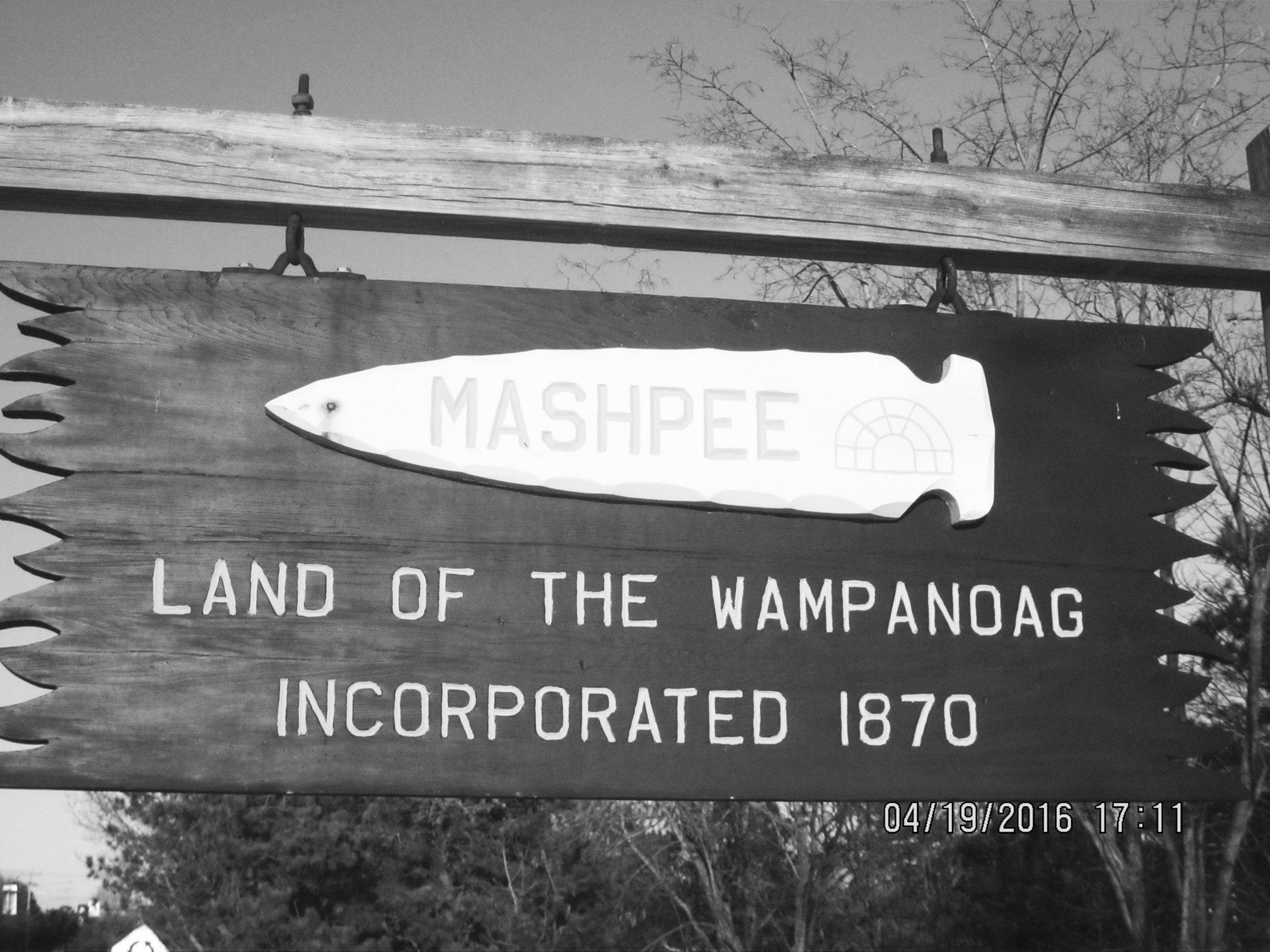The action taken by the Mashpee Board of Selectmen to oppose legislation to protect our existing land in trust is appalling. The selectmen’s letter is threatening and inflammatory and clearly attempts to light fire to the embers of the 1976 Mashpee Wampanoag land claim and spread fear among “private property owners.”
It has been more than 40 years since that tumultuous time in Mashpee. Most residents weren’t here and many were not even born yet, but those of us who were endured the most acrimonious period since the King Phillips War. Much of the hate inspired by a misinformation campaign telling residents that the tribe was after their homes when in fact the individual home and business owners were exempt.
But the land claim was never heard. The town retained James St. Clair, the Hale and Dorr attorney made famous for defending Richard Nixon. St. Clair’s strategy was to do an end run around the land suit by claiming we were not a federally recognized tribe. The town won that round but it only affixed a Band Aid.
Thirty years later as the tribe became Federally Acknowledged in 2007 we had every right to revisit the issue of restoring our land. In fact tribes in other states had been successful in regaining land based on the same statute that protected our rights. But tribal leaders bent on casino development relinquished that right in a questionable process over the massive objections of the tribal majority. The resulting language in the 2008 intergovernmental agreement between the town of Mashpee and the Mashpee Wampanoag Tribe that promises the tribe will not sue for return of the ancestral homeland is a concession that continues to this day to be a subject of debate among tribe members over it’s legitimacy.
So now as we fight to preserve just a fraction of our historic territory the town is pushing back in a most provocative way. We have been pushed for 400 years without backing down. It took more than 30 years to get our Federal recognition and now we have been fighting to protect what little tribal land that has been restored to us for more than a decade. Having the town stand in the way of our trust land seems like a sure way to revive interest in the litigation that started us on this path in 1976. Left without any other options I can’t imagine what else we would do.
I wish our town leaders would spend as much time protecting the character of the community that we have forged together as neighbors, preserving open space and protecting our natural resources. Instead we are entertaining zoning changes that will benefit one developer that wants to avoid being forced to include affordable housing so they can build a more gentrified Mashpee Commons. That is something the citizens of Mashpee should truly be outraged about.
By Paula Peters





